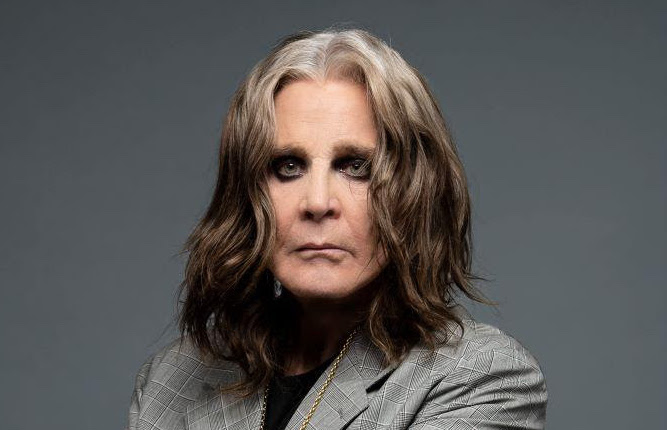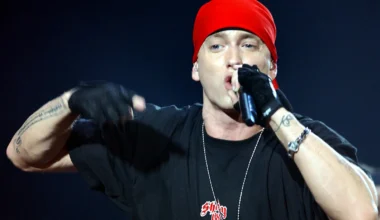Bill Ward was an integral part of Black Sabbath. Having left Mythology alongside Tony Iommi to form Earth, arm in arm with Iommi and the newly recruited Ozzy Osbourne and Geezer Butler, they soon renamed themselves and set out on a course to transform heavy rock. But their time together was plagued by drug and alcohol abuse, eventually leading to Ward’s departure in 1980.
There were a handful of reunions, like on 1983’s Born Again and, naturally, 1998’s Reunion album – but Ward’s notable absence from the 2011 record 13 seemed to cause the biggest between the four. Ward was initially part of the project, which resulted in a Rick Rubin-produced album and tour, but left before recording started, citing a contract dispute.
This didn’t sit well with Osbourne, who took to his Facebook page to urge him to stop the “smokescreen” about the contract issues. “Let’s be honest,” wrote the Sabbath vocalist. “Deep down inside, you knew you weren’t capable of doing the album and a 16-month tour. Unfortunately for you, our instincts were correct as you were in hospital several times during 2013”.
He mentioned a hospitalisation was for a shoulder surgery that would have effectively cancelled the world tour, with Ward obviously unable to play drums. “So how is all of this my fault?” he asked. “Stop playing the victim and be honest with yourself and our fans.” Despite the apparent upset this created, it seemed Osbourne himself was pained Ward couldn’t be involved. Speaking to Stereogum, he confessed the album, which featured Rage Against The Machine drummer Brad Wilk in Ward’s place, wasn’t the same without the original drummer.
“To be perfectly honest, I didn’t really get a charge from the album,” he said. “Although Rick Rubin is a good friend of mine, I was just singing. It was like stepping back in time, but it wasn’t a glorious period. Though Geezer [Butler] did a lot of lyric writing for me, which he’s very, very good at. It wasn’t an earth-shattering experience for me.”
He touched on the legacy the band had created and if their time together had come to a natural end. Osbourne was frank that Ward’s exit, combined with the different recording style of 13, meant it already felt that way.
“I would like to say it’s completely done, I think it’s time,” he admitted. “The only thing I really regret, to be honest, is that Bill Ward didn’t play on the album. It wasn’t really a Black Sabbath album. I’m not saying that one day, we might not all go in a room and come up with the perfect Black Sabbath album. But I’ll say, [13] wasn’t recorded the way Black Sabbath recorded records.”






